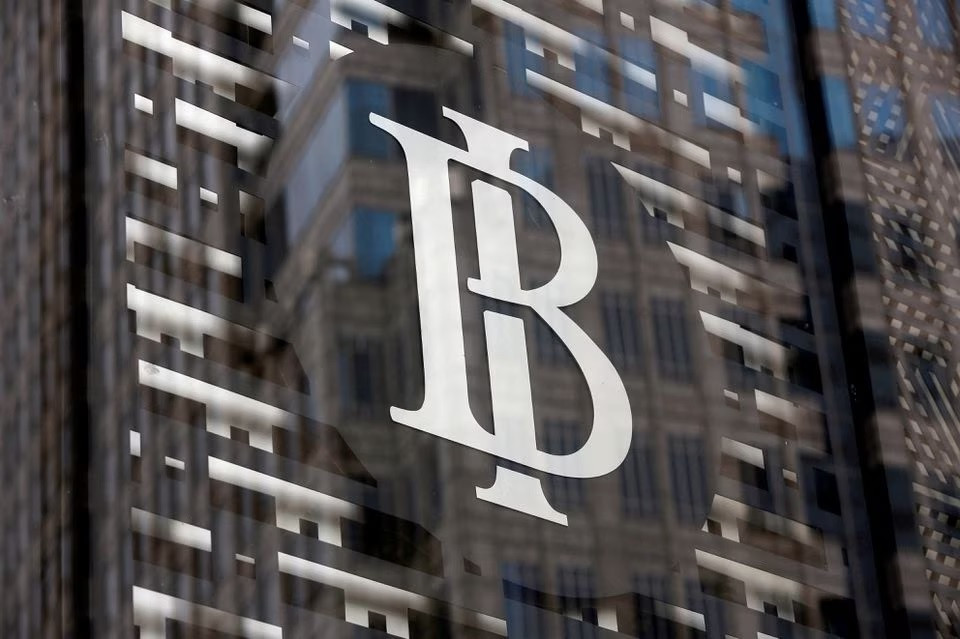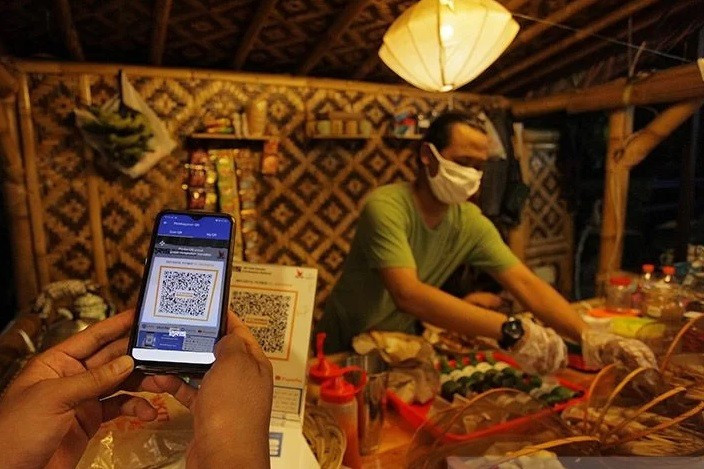Popular Reads
Top Results
Can't find what you're looking for?
View all search resultsPopular Reads
Top Results
Can't find what you're looking for?
View all search resultsBI might just hang tight
Should the Fed decide on a further increase in its federal funds rate, that would challenge BI to follow suit, or else the rupiah will come under pressure and imported inflation will rise.
Change text size
Gift Premium Articles
to Anyone
L
ast week’s inflation data from Statistics Indonesia (BPS) was a reality check. While consumer prices increased only 0.16 percent in the month of February, that was enough to send them up 5.47 percent on the year.
The rise was partly attributed to a base effect, because of the monthly inflation decline registered in the comparison period, February 2022, but a rise is a rise, and this one took some by surprise.
Financial services firm Moody’s Analytics had expected headline inflation to slow in February. Instead, it accelerated.
This comes amid concern over the past weeks about global inflation and the much-cited need for the United States Federal Reserve (Fed) to keep rates "higher for longer".
Most recently, it was San Francisco Fed president Mary Daly who conveyed the more hawkish message: “It’s clear there is more work to do,” Daly was quoted by various media as saying in a speech at Princeton University, in Princeton, New Jersey, the United States, on Sunday. “In order to put this episode of high inflation behind us, further policy tightening, maintained for a longer time, will likely be necessary.”
Gone is any talk of the Fed reducing rates toward the end of this year. Instead, another hike may be on the cards.
Where does that leave Bank Indonesia (BI)? When our central bank kept the benchmark interest rate unchanged in February, refraining from further increases after six months of hikes, that was seen by many as the turning point, given BI itself signaled no more hikes were needed in this cycle.
Should the Fed decide on a further increase in its federal funds rate, that would challenge BI to follow suit, so as to maintain a large enough rate differential with the Fed. Not doing so could put downward pressure on the rupiah and thereby also increase imported inflation.
BI is obviously aware the picture has changed since its last policy meeting, with its governor admitting on Sunday annual inflation in the first half of this year would remain above 5 percent; previously, it had projected less than 4 percent this semester and below 3.5 percent in the second half.
“We need to work hard to reduce the inflation rate, especially food-related price surges," BI Governor Perry Warjiyo said, as quoted by Reuters, echoing Daly’s insistence on more “work” to be done.
BI will be loath to renege on its apparent commitment to keep rates unchanged, and the governor’s remarks suggest it may opt for a more fine-tuned approach to specifically address food, all the more so as Ramadan is not far off and typically pushes up prices of key commodities for local cuisine.
BI has demonstrated its aptitude for hands-on measures aimed at taming food prices, such as when it vowed in August 2022 to work with regional authorities to move excess food produce from some regions to regions lacking supply, to plant chili seeds and to set up greenhouses and digital farming infrastructure in East Java.
That down-to-earth approach distinguishes it from the aloof monetary policy response of other central banks, and, interestingly, the above measures were announced before BI finally did hike its rate for the first time in years. BI clearly prefers to preempt rather than react to excessive growth in consumer prices.
The Fed’s decision later this month will be keenly watched by Perry, as it could up the ante, but if other methods can contain inflation pressure, it is safe to assume BI would opt for those.
Another headache-inducing fact is that inflation gathered pace later in Indonesia than elsewhere, namely last September, when the government increased fuel prices. That means it is likely to stay elevated longer than elsewhere, based on the aforementioned base effect. Luckily, further hikes to fuel or other administered energy prices are unlikely for now as the government would avoid such an unpopular move ahead of next year’s elections.
If practical measures prove effective at controlling food prices and if the rupiah can be protected by means of tools such as attractive bond yields and the recently reaffirmed effort to get exporters to keep more of their earnings in Indonesia, then BI may just get away with keeping its benchmark rate where it is.











